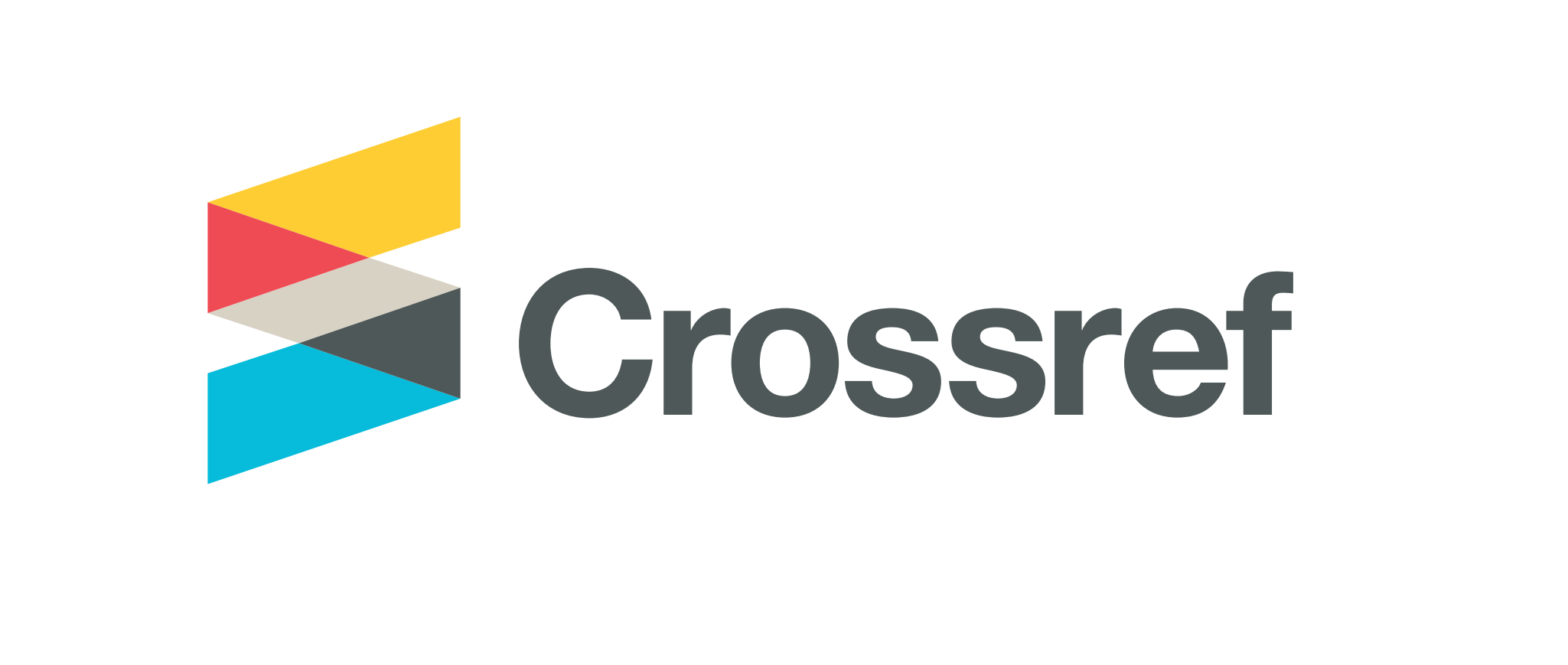Profil Regulasi Kognisi Siswa SMP Negeri 2 Palu Dalam Memecahkan Masalah Matematika Ditinjau Dari Gaya Kognitif
Abstract
This research is a qualitative research aimed to describe the profile of cognitive regulation of the students of VIII C class of SMP Negeri 2 Palu in solving system of equations in two variables viewed from cognitive style. The research subjects were one student belonged to independent field and another student belonged to dependent field. The grouping for obtaining the desired subjects was done by administering GEFT test. The research results show that: (1) in the planning stage, FI was not easily influenced by his environment so that he could convey the information that he knew and was asked to him and he could also develop the steps for solving problems, (2) in the problem solving stage in order to obtain results, FI executed the solving steps already planned, and checked the correctness of the solving steps by analyzing the conformity to the plan, sometimes the subject asked himself because he felt that probably the problems were not in line with the solving steps to be achieved, (3) in the stage of checking the correctness of the solution, FI firstly asked to himself for he felt that probably there might be something illogical, then he matched them manually in order to confirm the results obtained, and when observing his own ways of work, FI decided that the results he obtained were correct, (4) FD was easily influenced by his environment; thus, in the planning stage, he tried to interact with others first and only then he could convey the information that he knew and was asked to him, and he could develop the problem solving steps, (5) in the problem solving stage, FD executed the solving steps, and checked the correctness of the solving steps by analyzing the conformity to the plan, sometimes the subject asked himself because he felt that probably the solving steps were not in line with the solutions to be achieved, and (6) in the stage of checking the correctness of the solution, FD asked to himself for he felt that the solutions obtained were not in line with the objectives being asked, and when observing his own ways of work, FD remained confident with the results he obtained.






